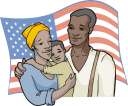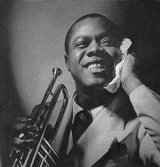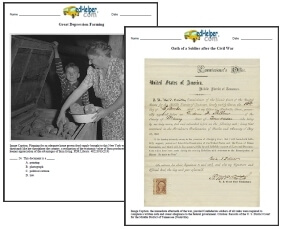
Worksheets and No Prep Teaching Resources
Reading Comprehension Worksheets
Black History and Blacks in U.S. History

Black History and Blacks in U.S. History
 Worksheets and No Prep Teaching Resources Reading Comprehension Worksheets Black History and Blacks in U.S. History |
 Black History and Blacks in U.S. History |
| edHelper's suggested reading level: | grades 5 to 7 | |
| Flesch-Kincaid grade level: | 8.28 |
|
Jazz - All American Music
By Sharon Fabian |

|
 1 It was the latest thing. Americans loved it, and soon, so did people all over the world. The brassy, bluesy sound of jazz was a truly American creation; some even say that it is the only truly American art form.
1 It was the latest thing. Americans loved it, and soon, so did people all over the world. The brassy, bluesy sound of jazz was a truly American creation; some even say that it is the only truly American art form. |
Create Weekly Reading Books
Prepare for an entire week at once! |
| Leave your feedback on Jazz - All American Music (use this link if you found an error in the story) |
 |
Black History and Blacks in U.S. History
|
 |
United States
|
|
|
 | Fifty States Theme Unit |
 |
Document Based Activities |